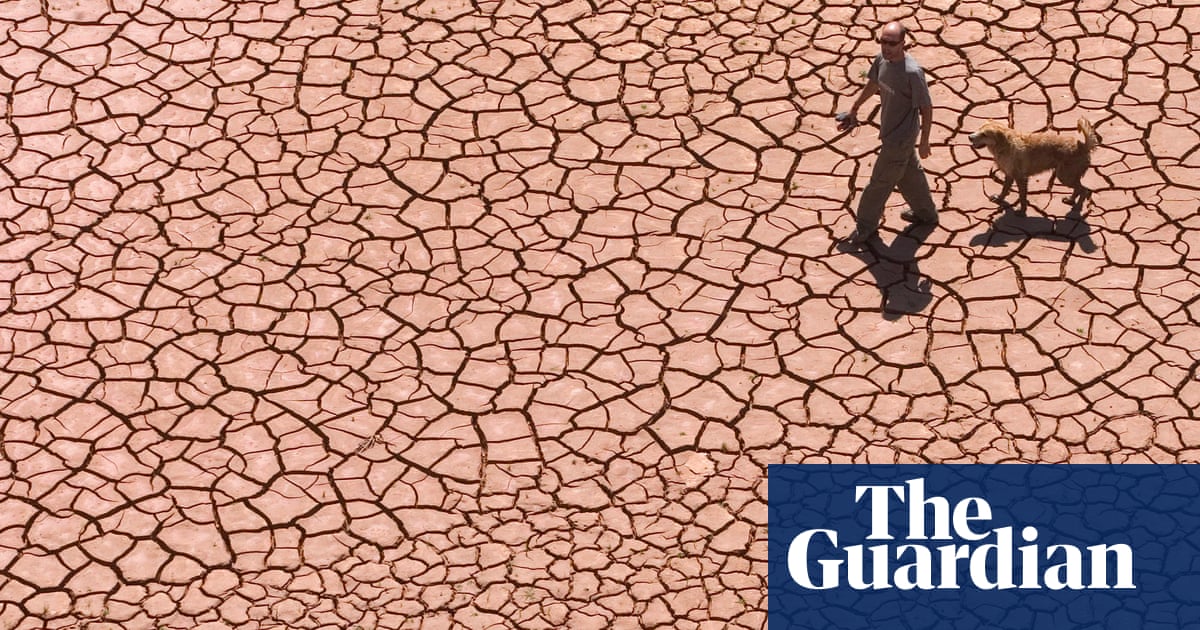Colombia gives assurances over UN biodiversity summit after rebels’ threat | Biodiversity

Colombian authorities have insisted it will be safe to attend a UN biodiversity summit in Cali later this year, after a dissident rebel group threatened to disrupt the event.
This week Central General Staff (EMC), a guerrilla faction that rejected the country’s 2016 peace agreement, said the UN nature summit Cop16 would “fail”, in a post on X addressed to the Colombian president, Gustavo Petro.
The warning comes amid a government clampdown on the EMC, which is active in the region near Cali where the summit will be held.
The Colombian defence ministry said on Tuesday it had ended a ceasefire with parts of the EMC because of ongoing violence. A series of bombings and shootings have been blamed on the group.
The Cop16 organising committee said it was working with local and national authorities to ensure a safe environment during the summit, which is due to begin on 21 October. They said they were closely monitoring the situation and working to establish the validity of the messages circulating on social media.
“The safety and wellbeing of all participants, attendees and collaborators are our top priority. All security guarantees are in places to have a successful and smooth conference. We convey to all participants, delegates, media and stakeholders a message of reassurance,” the statement read.
About 12,000 soldiers and police are expected to be deployed for the summit, which Colombia announced it would host during UN climate talks at the end of last year.
The new UN biodiversity chief, Astrid Schomaker, said she was satisfied that Colombian authorities were taking the situation seriously and she was in regular contact with the Colombian government.
She said: “We’ve all watched the recent tweets and other manifestations of armed groups in Colombia. The Colombian government is taking that very seriously. They’re trying to track where this is coming from. There are a lot of conversations going on. I am confident that the Colombians are taking it seriously and that everything is being put in place to make Cop16 a safe and successful event.”
The 2016 peace deal between the Colombian government and the country’s biggest guerrilla army, the Revolutionary Armed Forces of Colombia (Farc), formally ended the longest-running war in the western hemisphere, which killed more than 260,000 people and forced 7 million from their homes. Thousands of rebel fighters demobilised but about 1,500 refused to sign up to the deal, and many more are likely to have returned to arms.
Under Petro’s presidency, Colombia has positioned itself as an international leader on environmental issues, becoming the first major oil, gas and coal producer to join an alliance calling for a fossil fuel non-proliferation treaty at Cop28 last year.
Petro’s government has had success in reducing deforestation. But the progress has been hampered this year by El Niño and tensions with the EMC, which controls large areas of rainforest and has been encouraging people to cut down trees.
At the last UN biodiversity summit, Cop15 in Montreal in 2022, governments agreed a once-in-a-decade deal to halt the destruction of Earth’s ecosystems.
Source link




